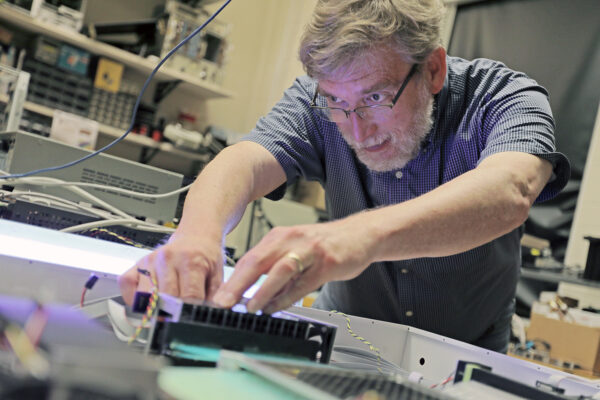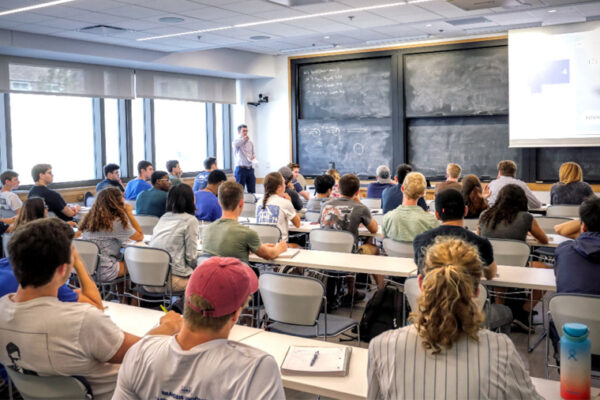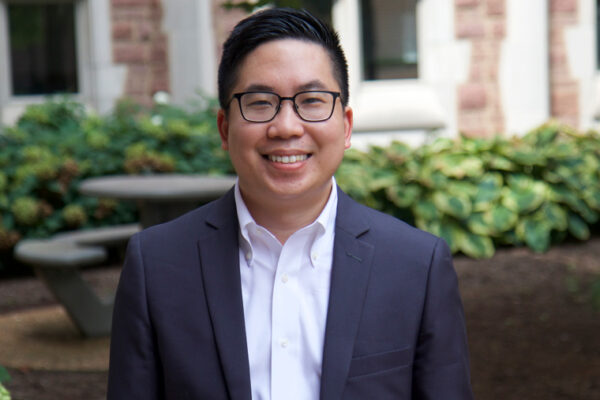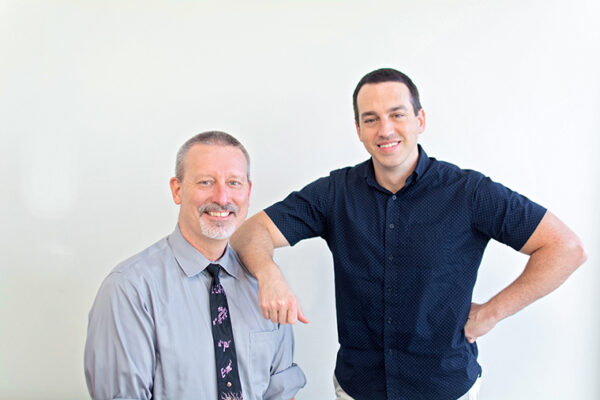Buckley earns grant for astronomical monitoring
James H. Buckley, professor of physics in Arts & Sciences, received a $700,292 award from the National Science Foundation to upgrade a ground-based telescope array for gamma-ray astronomy.
Why is the North American fall so red, compared with Europe?
Each fall, the leaves of almost half of North America’s species of trees and shrubs turn red. Biologist Susanne S. Renner at Washington University in St. Louis helps explain why the North American fall is so red, compared with Europe, and also what changes to fall foliage we can expect under climate change.
McKelvey School of Engineering launches education division
The McKelvey School of Engineering has launched a new Division of Engineering Education, headed by Jay Turner, to focus on world-class education for students and tools for faculty.
Using microbes to make carbon-neutral fuel
A team led by biologist Arpita Bose in Arts & Sciences modified a microbe so that it can produce a biofuel using only carbon dioxide, solar panel-generated electricity and light.
More sleep leads to better grades and well-being
Research from Tim Bono, lecturer in psychological and brain sciences in Arts & Sciences, finds that students who get a good night’s sleep night in and night out earn higher marks and have greater well-being.
Lai to evaluate diversity training for law enforcement
Calvin Lai in Arts & Sciences received a nearly $350,000 grant, part of $33 million allotted by the Department of Justice to improve community policing.
Jha’s NIH grant to support cancer research
The latest National Institutes of Health (NIH) grant for Abhinav Jha at the McKelvey School of Engineering is another step toward early prediction of therapy response in patients with lung cancer.
Time to retire daylight saving time
Saying goodbye to daylight saving time, and the summertime memories we associate with it, can be difficult. But experts in biological rhythms, including Erik Herzog in Arts & Sciences, agree that it’s time to let it go.
Barnes, Loomis win Packard grant for increasing diversity in STEM
Jonathan Barnes and Richard Loomis, both in the Department of Chemistry in Arts & Sciences, won a four-year $90,000 grant from the David and Lucile Packard Foundation for the recruitment and retention of underrepresented graduate students in chemistry’s doctoral program.
Stretchy, bendy, flexible LEDs
Chuan Wang’s lab at the McKelvey School of Engineering has developed a way to print stretchy LEDs on unconventional surfaces using an inkjet printer.
Older Stories









